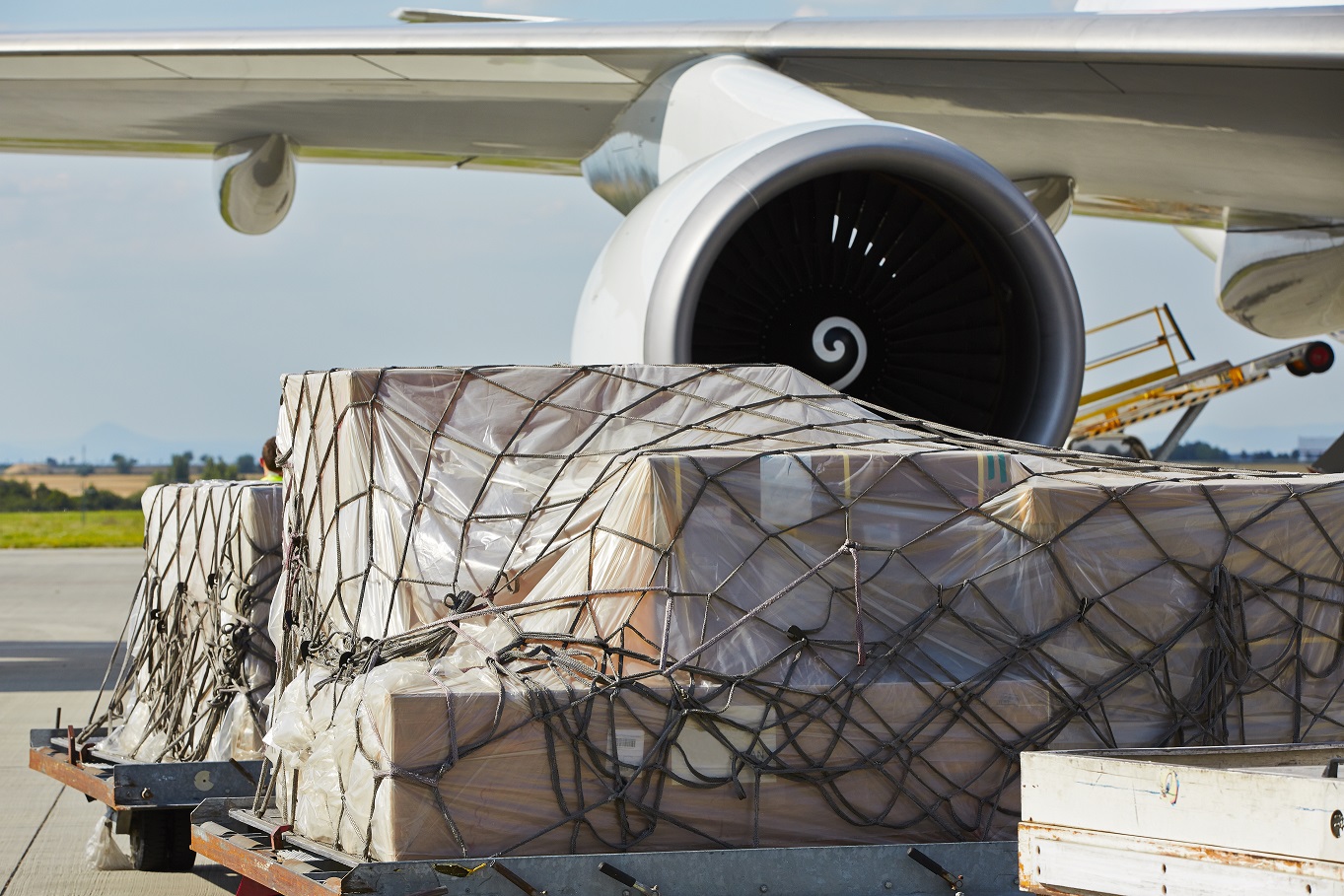Asia Pacific airlines suffer January decline in cargo traffic

Asia Pacific airlines suffered a significant decline in cargo traffic during January with a 20.5% year-on-year plunge in freight tonne kilometres (FTK) compared with the same month in 2022.
Combined with a 7.5% drop in available freight tonne kilometres, the international freight load factor fell by 9.7 percentage points to average 59.2% for the month.
In contrast, based on preliminary January traffic figures from the Association of Asia Pacific Airlines (AAPA), there was steady growth in international passenger traffic on the back of strong travel demand with the easing of border restrictions, notably in North Asia.
AAPA director general Subhas Menon said that cargo volumes came under pressure due to “multiple headwinds”.
He added: “Higher inflation levels across various economies and the persistently strong US Dollar have added to the price pressures for imported commodities and merchandise in local currency terms.”
On future prospects, Menon said: “Notwithstanding the challenges brought on by the global economic uncertainty, growth prospects for passenger markets look positive for the year ahead. The desire to travel remains strong, with latest forward booking trends pointing to sustained high demand.
“Nevertheless, cost pressures represent a key challenge to airline financial performance, driven by the elevated fuel prices and inflationary pressures on operating expenditure, including labour and maintenance. Overall, Asia Pacific airlines remain vigilant in striving for cost efficiencies whilst restoring flights in the COVID-19 recovery period.”
